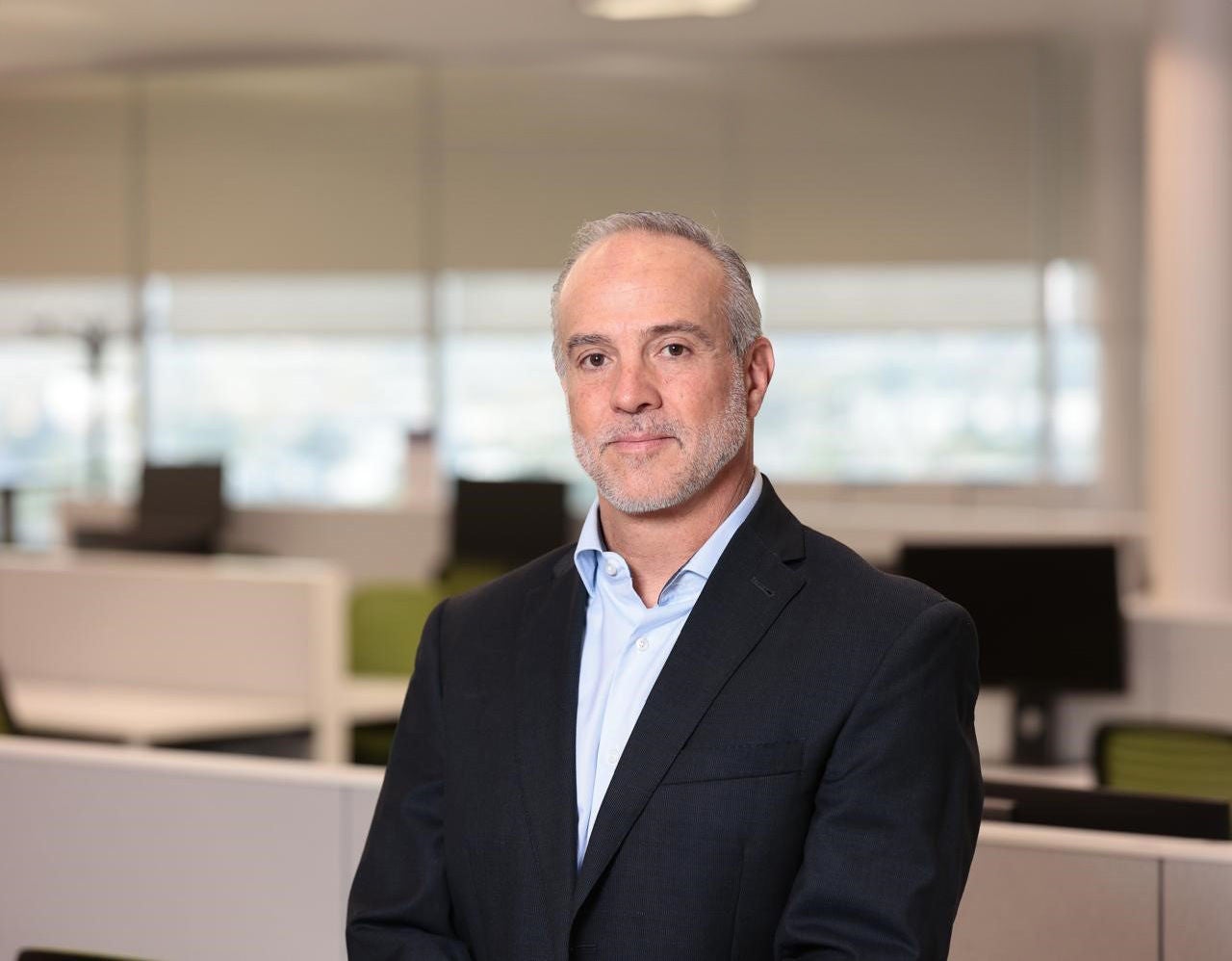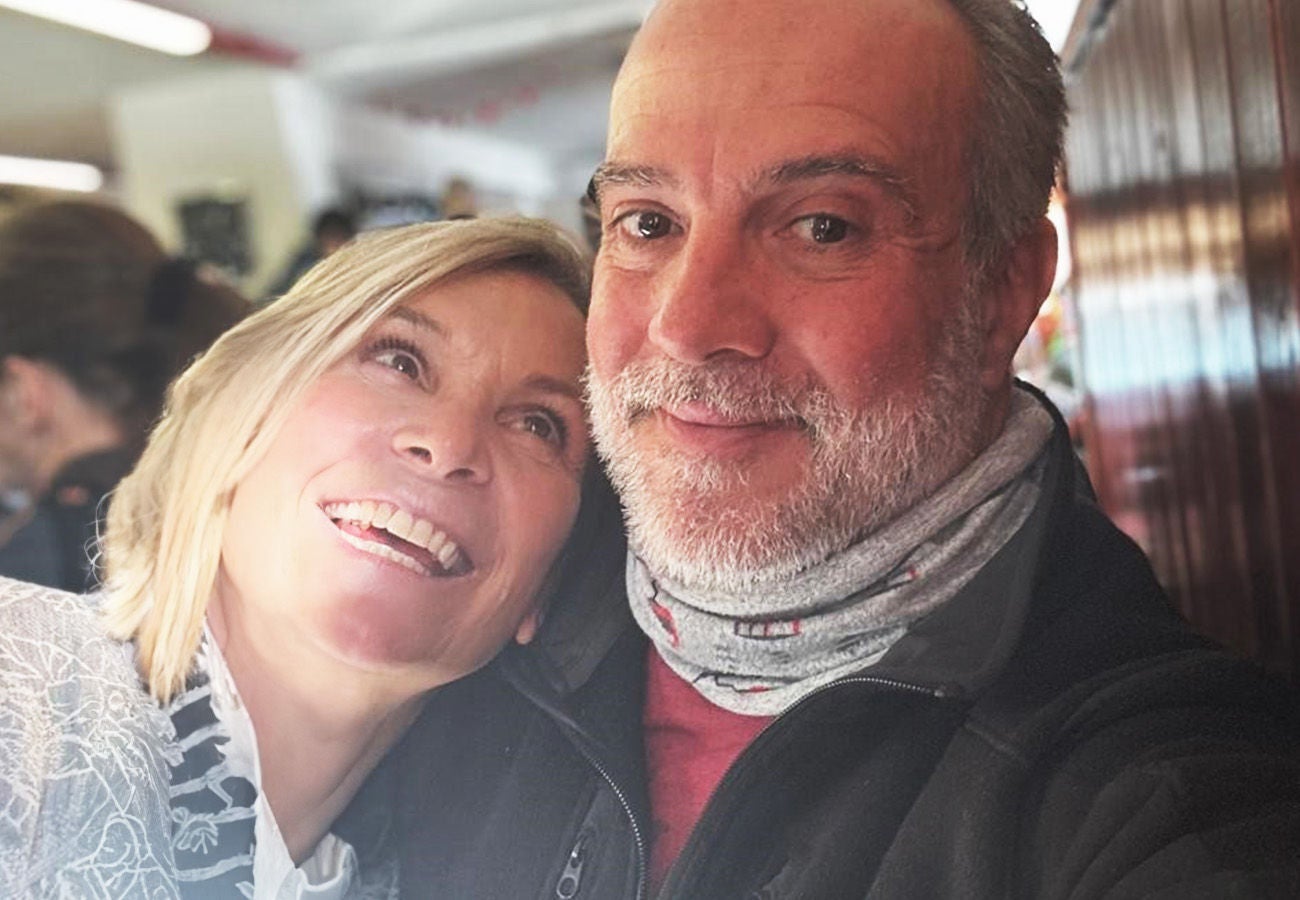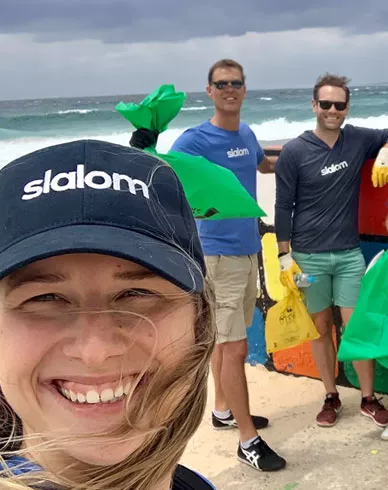Q&A with Jose (Chema) Rancano: General Manager, Slalom Mexico

We talked to our Slalom Mexico country leader about his journey to Slalom, his deep love for Guadalajara, and how his diverse experiences shape his approach to building a dynamic team and culture.
How long have you lived in Guadalajara? What do you love about it?
I moved to Guadalajara in 2015, after leaving McKinsey, to take over as CEO for our family company. I led the company for four years, with a focus on formalizing operations and elevating professionalism, which included completing an acquisition to extend the product portfolio. After that, I joined Accenture, but never left Guadalajara, as moving wasn't ideal for my kids at their social development stage.
I’ve lived in 13 cities across seven countries, which has given me a diverse perspective and experience. What I love about Guadalajara is the fabulous weather and its proximity to places like Puerto Vallarta and Lake Chapala only 30 minutes away. It’s a splendid place to live for someone who enjoys sailing, offering both a lake nearby and the beach just a short trip away. The city also offers a wide array of things to do, including culture and sports, making it a place I haven’t wanted to leave.
How did you get into consulting?
I'm a chemical engineer by schooling. My interest in consulting stemmed from my fascination with business transformation and the complexity of large companies. I enjoyed thinking about change holistically and realized consulting would give me space to learn about these things. Initially, I thought I’d do consulting for a couple of years and then move on, but I found it so fun and engaging that I stayed for much longer.
If you hadn’t gotten into consulting, what other career might you have chosen?
I would have pursued one of two paths. I might have gone into politics, specifically on the macroeconomic side, and worked with institutions like Banco de Mexico. I’ve always been fascinated by macroeconomics to the point where I read economic essays for fun.
Alternatively, I would have focused more seriously on running my own businesses. I regularly tinker with new business ideas and currently run a couple of businesses for fun, including a chartering service and a non-profit sailing school. These ventures not only satisfy my entrepreneurial spirit but also allow me to share my passions and give back to the community.
What attracted you to Slalom?
I was drawn to Slalom by the culture and the people. The more I got to know about how Slalom thinks about people, culture, and clients, the more it resonated with me. I believe what Slalom is building today will be incredibly relevant for the company’s future growth, and I wanted to be part of something truly relevant.
As you build our Slalom Mexico team, what is most important to the team’s culture?
Visibility for all is something that I truly want to achieve. It’s about ensuring that we don't have different quality standards from location to location and that there’s a clear pathway to growth for people. This approach is different from other companies that might see nearshoring as just a cost-saving measure. We aim to build a business in Mexico and Latin America that upholds the Slalom brand equity, making it sustainable and relevant.
What do you look for in a new hire?
I look for people who are hungry. They should aspire to be more than just part of a resource pool; they should seek additional opportunities for themselves and the company. I value attitude, mindset, and the ability to learn over immediate skills. Being eager to join the “modernity bandwagon” is crucial.
What makes Mexico’s talent unique?
Mexico’s talent is unique due to a combination of tenacity, innovation, and a strong work ethic deeply embedded in our culture. We have a middle class that is vigorously striving to improve themselves, aiming to achieve a quality of life they can see across the border but want to develop locally. This drive for self-improvement is a significant part of what makes our talent stand out.
Additionally, there's a certain “picardia” or cleverness in Mexicans, a tendency to think differently, which translates into unique solutions and business models. Work in Mexico is not just a job; it's a part of who we are, which means we bring our full selves and our cultural strengths to what we do.
 Chema shares a tender moment with his wife Eva, who he calls “the best woman in the world.”
Chema shares a tender moment with his wife Eva, who he calls “the best woman in the world.”
What do you like to do when you’re not working? How do you recharge?
When I'm not working, I engage in a variety of activities that help me recharge and enjoy my time. I play tennis and run, as exercising daily is crucial for me to avoid feeling cranky. Sailing is particularly close to my heart; it’s an activity where I can enjoy isolation and the tranquility of being on the water. I also run a non-profit sailing school on weekends, which is a passion project that allows me to share my love for sailing with others, especially kids who wouldn’t otherwise have the opportunity to learn. This project has even led to some of our students participating in the Olympics, which is incredibly rewarding.
What’s something about you that might be surprising?
I might seem like an incredible extrovert to many, enjoying social interactions, but contrary to what you might expect, these interactions actually drain me a bit. I cherish moments of isolation, especially when sailing, as it allows me to be with myself or my family in silence.
If you could go back in time and give yourself some advice at the beginning of your career, what would you say?
I would advise myself to switch jobs more often. The ability to retrain yourself is a muscle, and it’s hard to exercise that muscle when you’re rolling in the same barrel for too long. I stayed with the same company for 18 years and was terrified when I left. Pushing yourself to learn totally different things every so often is very healthy. It allows you to meet more people and exercise that self-renewal muscle that is so necessary.
Is there anything else about you that we all should know?
My family is very important to me. They are my priority, ranking at the top of my list from one to nine, with everything else starting at ten. I consider myself extremely fortunate to be married to the best woman in the world, Eva, and be a father to my two kids, Sebastian and Nicolas, my greatest treasure.


